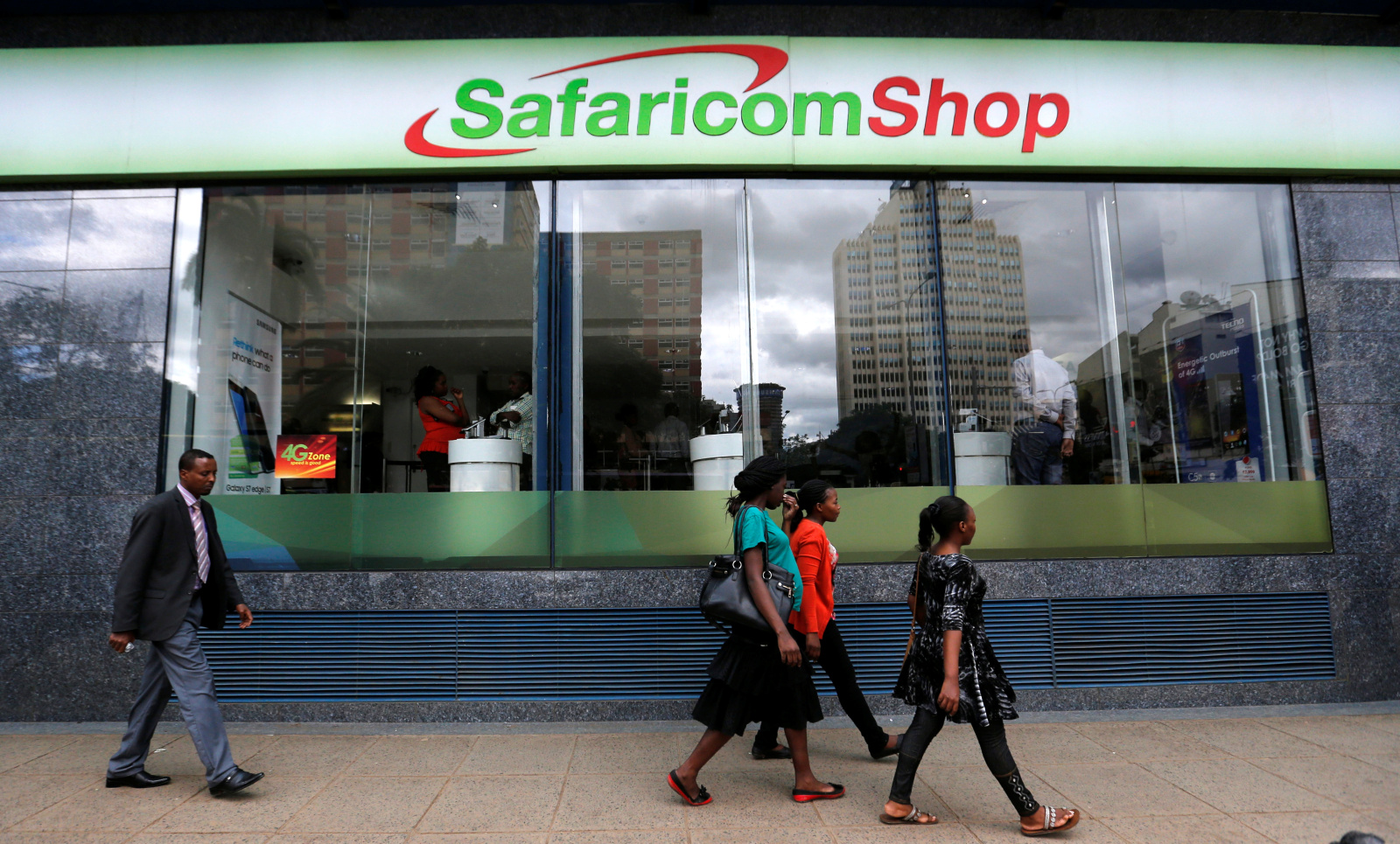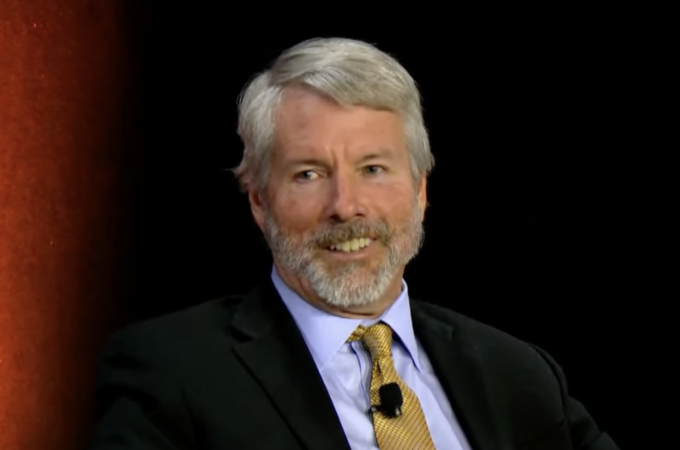
The CEO of Africa’s most innovative mobile company warns his “clumsy” product needs to diversify or risk dying
By Abdi Latif Dahir for Quartz
The future of M-Pesa, the world’s leading mobile money-transfer system, lies in transforming the service’s “clumsy” technology into something more efficient, innovative, and collaborative. At least that’s the vision spelled out by the company’s CEO.
Speaking to an audience in New York on Oct. 17, Bob Collymore, head of M-Pesa creator Safaricom, acknowledged that the Kenyan firm was “a little bit more open than we used to be” when it comes to developers plugging into their system, and said he hoped to make M-Pesa into a platform for innovation. But to keep up in the fast-paced tech industry, Collymore said a lot of work needs to be done. He described M-Pesa as “far from elegant” when stacked up against other tech products.
M-Pesa kickstarted a mobile money revolution when it launched in 2007 and has since grown to 20 million active users, according to Collymore. A staggering 43% of Kenya’s GDP flows through the platform. But after a decade in business, the company is facing new limitations and mounting competition. Visa, which has struggled topromote credit cards in the region, recently launched an M-Pesa competitor in Kenya, called Mvisa.
Earlier this year, Safaricom’s parent company Vodafone scrapped M-Pesa in South Africa, where fewer people use mobile money services. The lack of interoperability between different countries’ systems is also limiting the platform’s ability to grow in emerging markets.
Collymore still hopes to make M-Pesa ubiquitous across the continent. “I just want it to be like WhatsApp,” he said on Oct. 17, referring to the Facebook-owned messaging app currently used by 1 billion people in 180 countries.
His sentiments are in line with recent initiatives to diversify M-Pesa products. In July, the company launched Little Cab, a ride-hailing app that offered passengers cheaper fares than those of competitors. M-Pesa has also partnered with Ericsson to help rural residents pay for clean water, and with energy firm M-Kopa to let customers buy solar electricity with their mobile phones.
These kinds of initiatives improve the digital ecosystem around M-Pesa, and will hopefully guarantee the service’s future, Collymore says. To spread the company’s foothold, Safaricom is also looking into harnessing the data produced by its large customer base and investing in more e-commerce ventures. Over the past 15 years, e-commerce has expanded to a $395 billion industry in Africa.
“If you are running a business,” Collymore said, “the purpose of business has to be [about] literally solving problems. Nothing else.”





